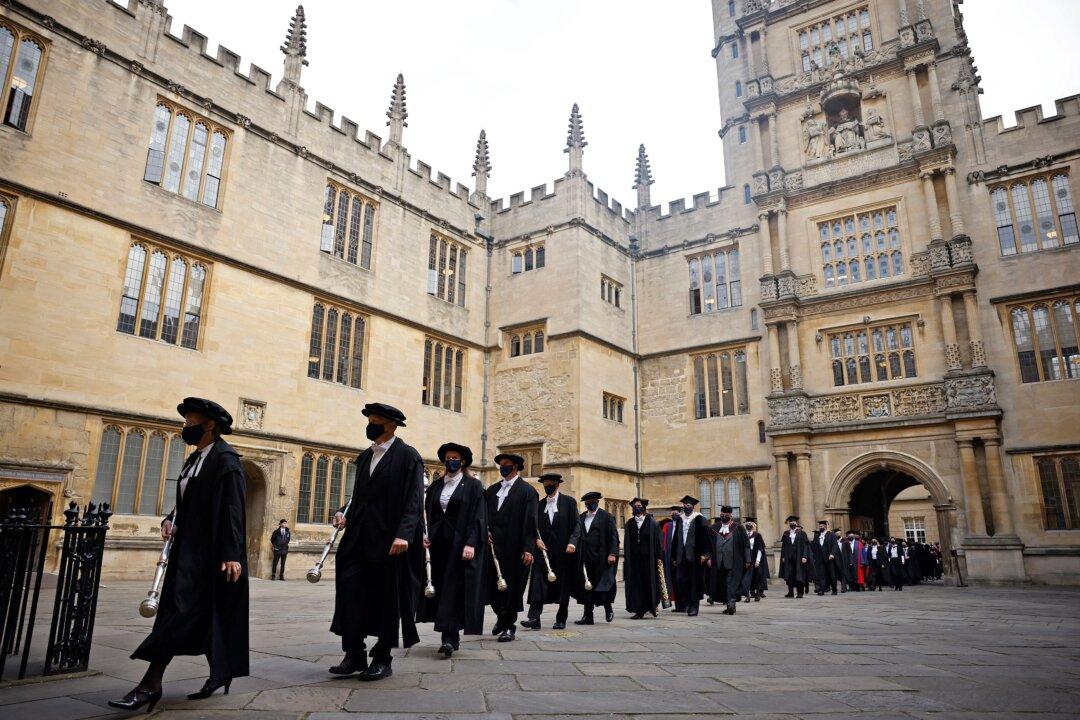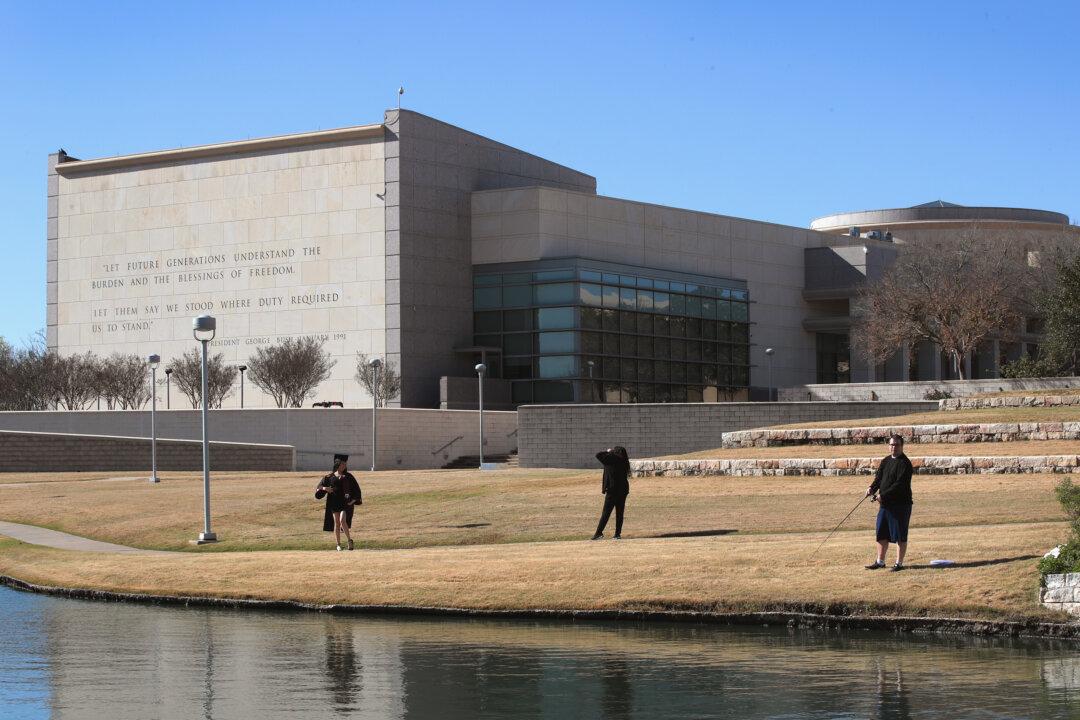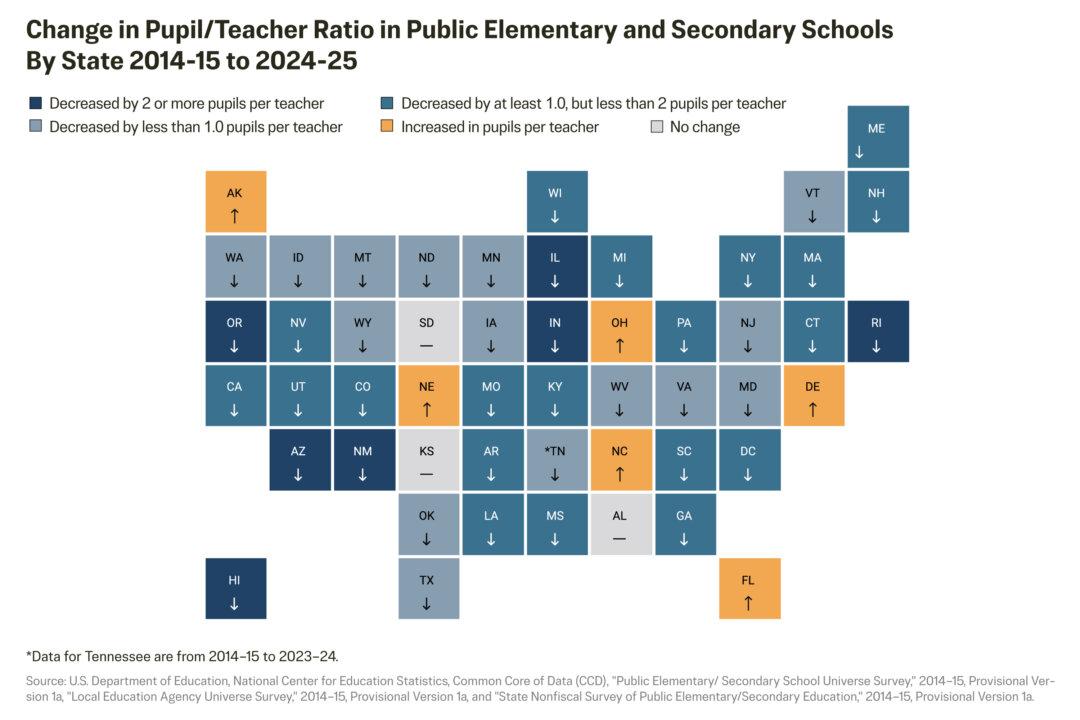The vast majority of American students selected to the most prestigious post-graduate scholarship programs in the world pursue left-leaning, progressive courses of study, a recent report found.
In the past five years, only one of 157 American Rhodes Scholars expressed an interest in conservative issues. And for the Truman Scholarship, just six of 182 U.S. recipients did so, according to a report from the American Enterprise Institute (AEI) published on May 6.





